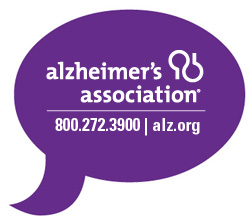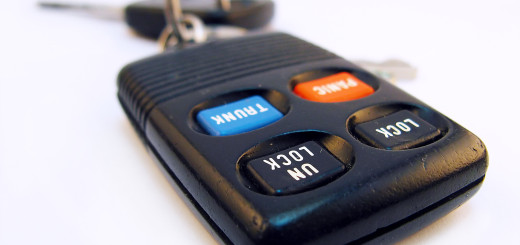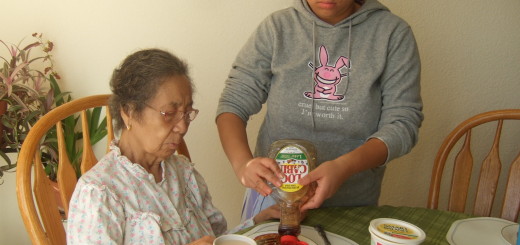Beware – Veterans benefits scam
 Many veterans and their caregivers are aware of benefits available to them through the Department of Veterans Affairs (VA). One that is particularly helpful to caregivers – especially caregivers who are coping with something like Alzheimer’s disease in a loved one – is the VA Aid and Attendance program.
Many veterans and their caregivers are aware of benefits available to them through the Department of Veterans Affairs (VA). One that is particularly helpful to caregivers – especially caregivers who are coping with something like Alzheimer’s disease in a loved one – is the VA Aid and Attendance program.
Aid and Attendance is a “non-service connected” or “pension benefit,” meaning eligibility is not based on having been injured during service. It is a needs-based benefit available to those with limited or no income and minimal savings. Aid and Attendance can help pay for care in the home, an assisted living facility, or skilled nursing facility for the veteran, spouse or surviving spouse.
Aid and Attendance isn’t a widely known benefit and unscrupulous individuals have been using that to their advantage. These financial predators seek out veterans who can’t qualify because they have too high a monthly income or too many assets. The predators convince people they are entitled to the benefit and that they can receive thousands of dollars to pay for in-home care or to help pay for a stay at an assisted living facility. What really happens is these predators persuade people into buying into their estate planning schemes. People have lost thousands of dollars to these swindlers.
Currently, there are two bills going through the state legislature to help protect veterans from these scams. But, until these protections are in place, if you think you or your relative are eligible for Veterans benefits, contact your local County Veterans Service Officer (VSO) and ask for a “˜benefits review’. You can find your local VSO by calling the state VSO office at 858.694.3222 or searching www.cacvso.org. Other resources that may help you access Veterans benefits are CalVet Veterans Services (877.741.8532, www.calvet.ca.gov) or your local Veterans of Foreign Wars (VFW) office (916.449.8850 or www.vfw.org).
If you are caregiver to a veteran, another resource is the VA Caregiver Support Program. They have a telephone hotline 855.260.3274 and an informative website www.caregiver.va.gov. Each VA VISN (coverage area) has a Caregiver Support Coordinator who can help connect you to the services you are eligible for.

















My dad’s in the V.A. now he had a heart attack and they send him to another hospitle they got him well and they sent him back to the V.A. then they took him off of his meds for alzheimer when we ask they said they were still were giving it to him we had a meeting then we how out they had stop the whole time now we got him back on it he’s doing better but still not where he was, what Im asking is there any new meds out there we might try? Thank you!
It is important to note that you are suggesting veterans get help from representatives of the very organization that hides this benefit from them.
While there are scam artists in every service, waiting to prey on elderly, there are perfectly legal ways to position assets to obtain a benefit “earned.”
If I need care because I don’t have enough monthly income, but I did happen to put away for a rainy day, why should I have to make myself destitute and leave nothing for my family?
That is not a benefit. There are millions of dollars in that fund and they protect it. It earns interest, lots of interest that is allowed to be spent by the government because it goes into the general fund. No wonder they don’t want anyone to know about it.
Mary — the dollars in those funds are there for veterans who meet the criteria: those with limited or no income and minimal savings.
They funds are not being “hidden” … they are being protected from those who do not qualify, and are being used instead for those who need them.
The funds are not there to fund your children, they are not there to fund your estate.
Your arguments are the very ones used by those who talk others into hiding assets in order to “qualify” for something that was not intended for them.
If you think you qualify, then apply.
If you were able to put money aside for a rainy day, count yourself as fortunate. I am sorry if you thought the rainy day was not going to come. And I’m sorry you were not able to save for both a rainy day AND leave something to your children. There are many who were unable to do either.
It’s always frustrating to us to see VA benefits portrayed as something they’re not — it gums up the system and makes it harder for people to be seen to get the benefits they truly need and deserve.
Especially when it comes to Alzheimers and other silent diseases, it can be hard to know what is true and what’s not. You can always contact a veterans lawyer, who cannot legally ask for money until benefits are paid out.